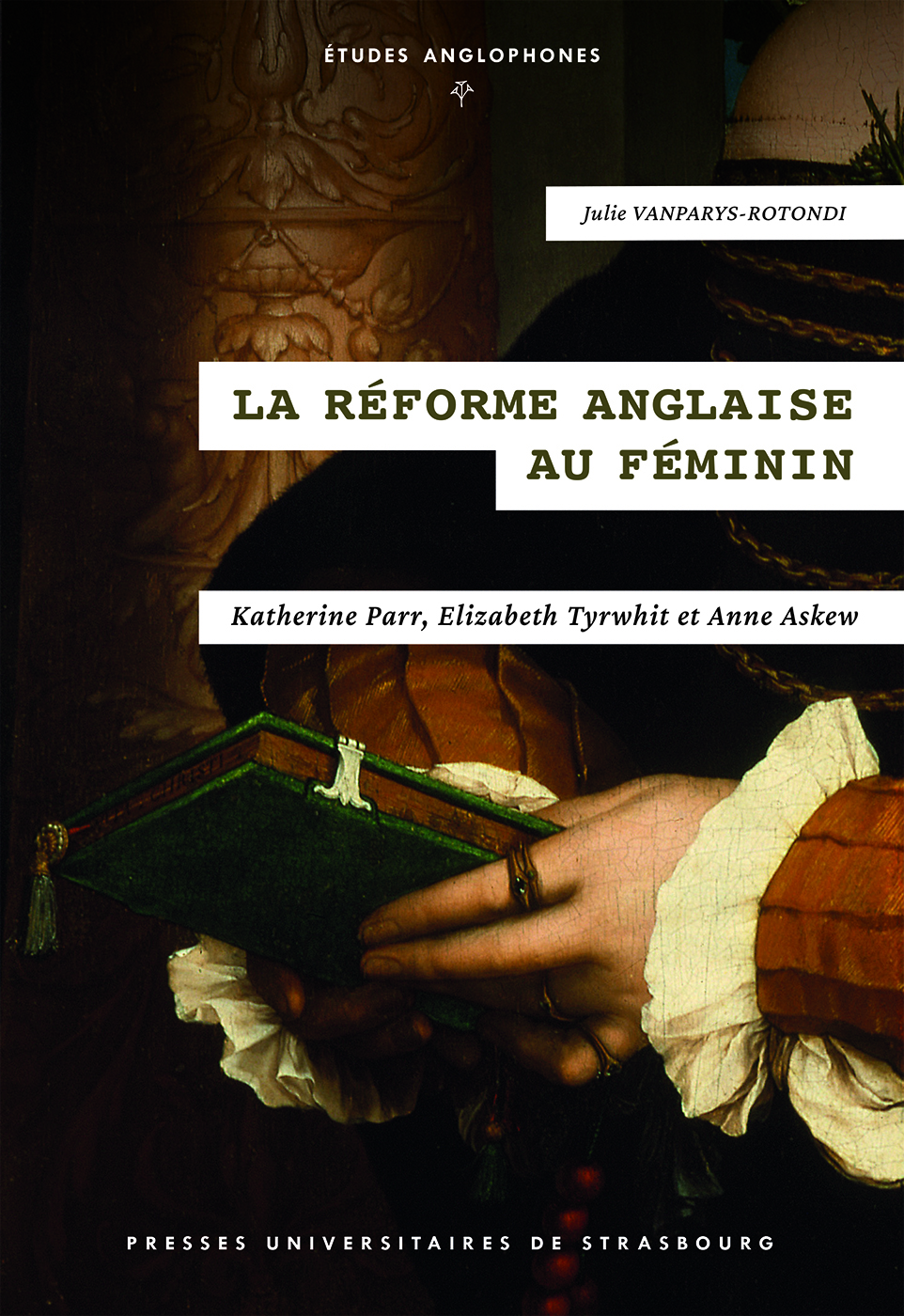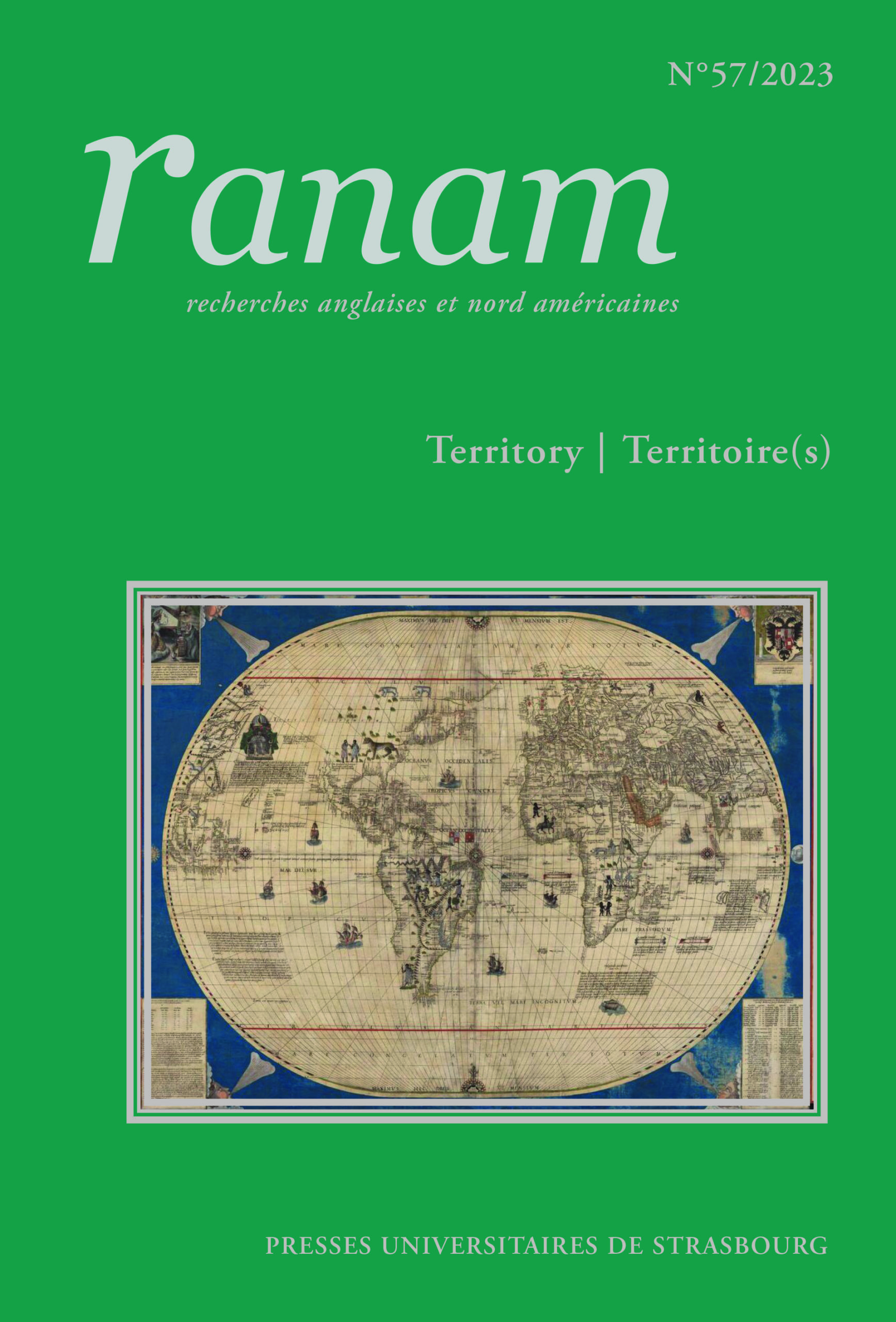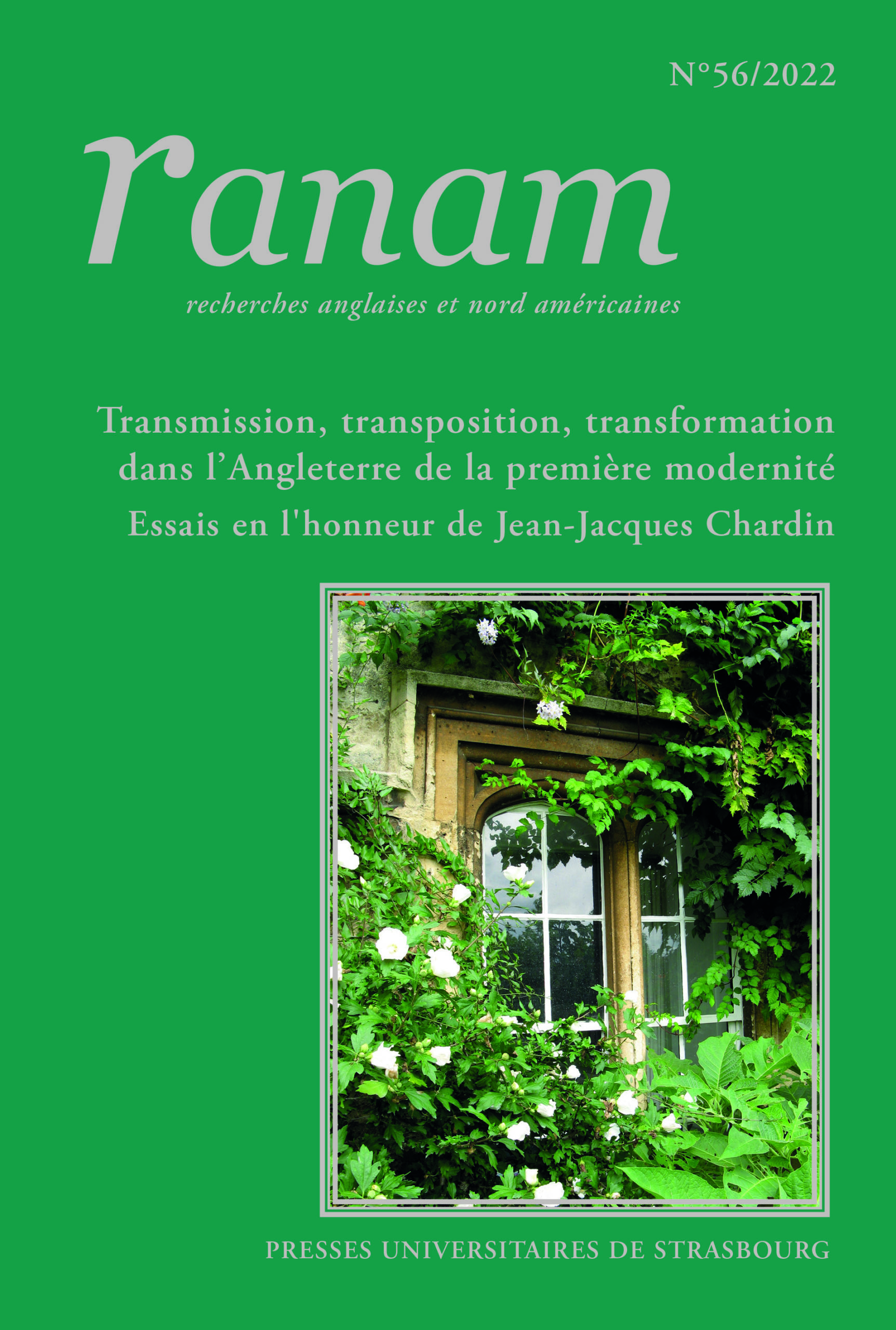- les PUS
- thématiques
-
- collections
-
- revues
-
- auteurs
- catalogue
- newsletter
Menu
This collection of essays offers a historical backdrop to the current crisis of expertise by focusing on the analogous debates accompanying the first emergence of the disciplinary organisation of knowledge in the seventeenth and eighteenth centuries.
This collection of essays offers a historical backdrop to the current crisis of expertise by focusing on the analogous debates accompanying the first emergence of the disciplinary organisation of knowledge in the seventeenth and eighteenth centuries. Disciplinarity was the sine qua non of empiricism, and its application generated a range of political and conceptual challenges. It opened up new networks of authority and so created new political opportunities, but it also created an epistemological tension as to whether knowledge thus fragmented and bureaucratised would still meaningfully be knowledge.
As the world struggles to come to grips with the rise of new populisms that call into question the legitimacy of technocratic expertise, the historical understanding of the processes by which the characteristically modern modes of meaning-making came into existence has never been so important. Politically-motivated attacks on ‘science’ are difficult to counter in a climate of generalised scepticism for all forms of authority, but cultural historians have an important part to play by offering an adequate historical framing for the terms of the debate. The origins of modernity are routinely associated with the empirical attitudes of the ‘scientific revolution’ and the liberal rationalism of the Enlightenment; but this story tends to be studied either conceptually by historians of science, or politically by cultural historians. For it to make sense as the backdrop to modern debates, the political and epistemological dimensions of the emergence of modernity need to be put more firmly into contact with one another. This book attempts to do so by focusing on the theme of the emergence of disciplinarity in the seventeenth and eighteenth centuries.
Acknowledgements
Introduction – Richard Somerset
Part 1. Conceiving Disciplinarity: Modernising Projects of Knowledge
1. Bacon’s Literary Quest for Scientific Knowledge in Gesta Grayorum (1594) and New Atlantis (1627)
Mickaël Popelard
2. Science, Poetry and Imagination: Disciplinary Negotiations in Eighteenth-Century Scottish Writings on Genius
Sorana Corneanu
3. ‘The Whole Set to View’: Orders of Knowledge in Chambers’ Cyclopaedia
Seth Rudy
4. Navigating the Labyrinth of Knowledge: ‘Distantiation’ and Narrative Experiments in the Structuring of Encyclopaedic Knowledge
Richard Somerset
5.‘Things not Words’: The Dissenting Academies and Paradigm Shifts in the Ordering, Definition and Production of Knowledge, 1662-1783
Matthew Smith
Part 2. Shaping Disciplinarity: Emergent Fields of Practice and Expression
6. The Royal Academy of Sciences of Paris and the Birth of Historical Epistemology
Susana Seguin
7. Parisian Surgeons of the Seventeenth Century and the Disciplinary Emergence of Modern Medicine
Emilia Wilton-Godberfforde
8. Production and Exchange of Knowledge around 1800: the Example of Anatomical Models in Edinburgh and Philadelphia
Marieke Hendriksen
9. The Constitution and Evolution of the First Russian Mineralogical Collection: The Mineral Cabinet in St. Petersburg’s Kunstkamera
Daria Novgorodova
10. Instructive Books for Children in Georgian England
Laurence Talairach
Bibliography
Contributors’ biographies
Credits
26,00 €




Presses Universitaires de Strasbourg
Université de Strasbourg
4, rue Blaise Pascal – CS 90032
67081 Strasbourg cedex
tél. +33 (0)3 68 85 62 65
2024 – tous droits réservés